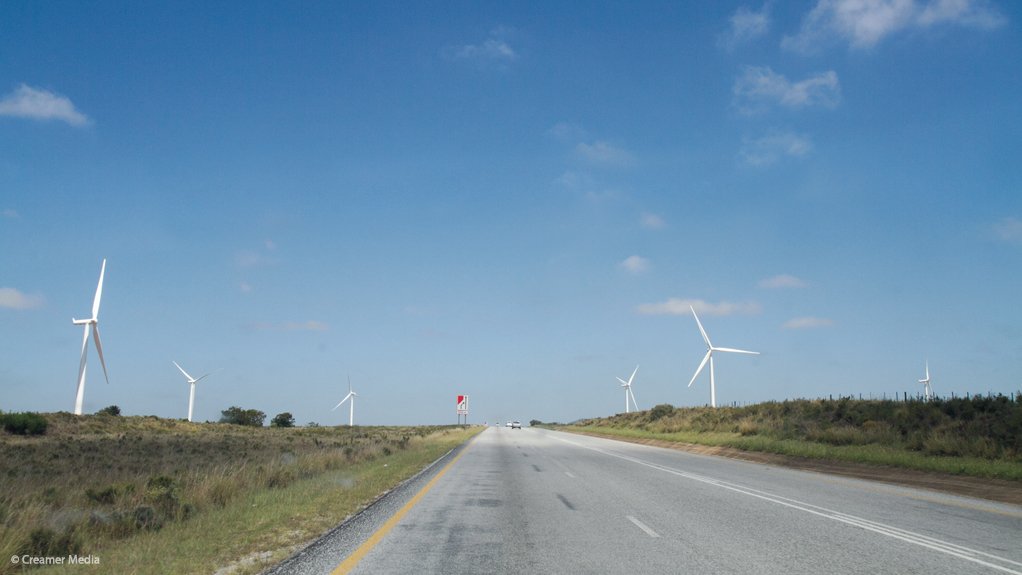To bolster its argument that renewable energy is critical to combating climate change, the World Wide Fund for Nature-South Africa (WWF-SA) has commissioned a series of reports that investigates the state of renewable energy in the country, focusing on how it can be scaled up and financed beyond government’s current efforts.
This came on the back of previous research by the organisation which had shown that investing in renewable energy, together with energy efficiency in industry, would provide cheaper electricity by 2020 than further investment in coal or nuclear power.
The first in the series of these reports, ‘Enabling Renewable Energy in South Africa: Assessing the Renewable Energy Independent Power Producer Procurement Programme’, outlined government’s Renewable Energy Independent Power Producer Procurement Programme (REIPPPP) bidding process, which had mobilised over R100-billion in less than three years.
It discusses the key aspects of the REIPPPP bidding process from various stakeholders’ perspectives, highlighting and exploring the significant successes, challenges and developments that had emerged since the inception of the programme.
Key nonfinancial themes covered include the price discovery process, the impact of the ambitious pace of the programme, grid connection challenges and local content requirements.
New light was shed on financial aspects of the REIPPPP, including the management of foreign exchange and interest rate risk, broad-based black economic-empowerment financing vehicles and ways in which funding sources could be diversified.
“The REIPPPP is a clear indication of government’s intention to address climate change mitigation in the energy sector. Critically analysing the programme so far will allow a better understanding of the practical implications of scaling renewable energy generation in the electricity sector to 100% by 2050, thereby allowing South Africa to contribute its fair share to climate change mitigation,” commented WWF-SA sustainable finance programme manager Malango Mughogho.
Another report in the series, titled ‘Renewable Energy Vision 2030 – South Africa’ was the first of a two-part report describing the current state of play in the renewable energy independent power producer (IPP) sector in South Africa.
It looked at the technology allocation of contracted projects, the current capital cost per kilowatt-hour of renewable energy supplied by different renewable-energy technologies, the high-level projected capital cost trajectory of these different technologies and the estimated capital cost of supplying South Africa’s 2030 renewable-energy ambitions.
“The Integrated Resource Plan needs to look at renewable energy more seriously if it intends to meet the immediate electricity requirement and improve electricity affordability. This should be accompanied by firmer policy positions on renewables, in particular, a longer-term renewable-energy procurement plan,” argued WWF-SA energy economist Manisha Gulati.
The ‘Corporate Renewable Energy Procurement in South Africa’ report, meanwhile, implemented a survey and case study approach to establish the quantity and type of renewable energy demand in South Africa by companies that were not IPPs, identifying the top five drivers for this demand.
The research detailed existing and planned voluntary renewable-energy purchases above 3 MW by companies across a range of industries, demonstrating that these companies considered renewable energy as a critical strategic and financial consideration that warrants investment.
Additional policy mechanisms that supported these drivers would allow South Africa to leverage the private sector to meet its climate change mitigation needs, the fund noted.
EMAIL THIS ARTICLE SAVE THIS ARTICLE
To subscribe email subscriptions@creamermedia.co.za or click here
To advertise email advertising@creamermedia.co.za or click here











